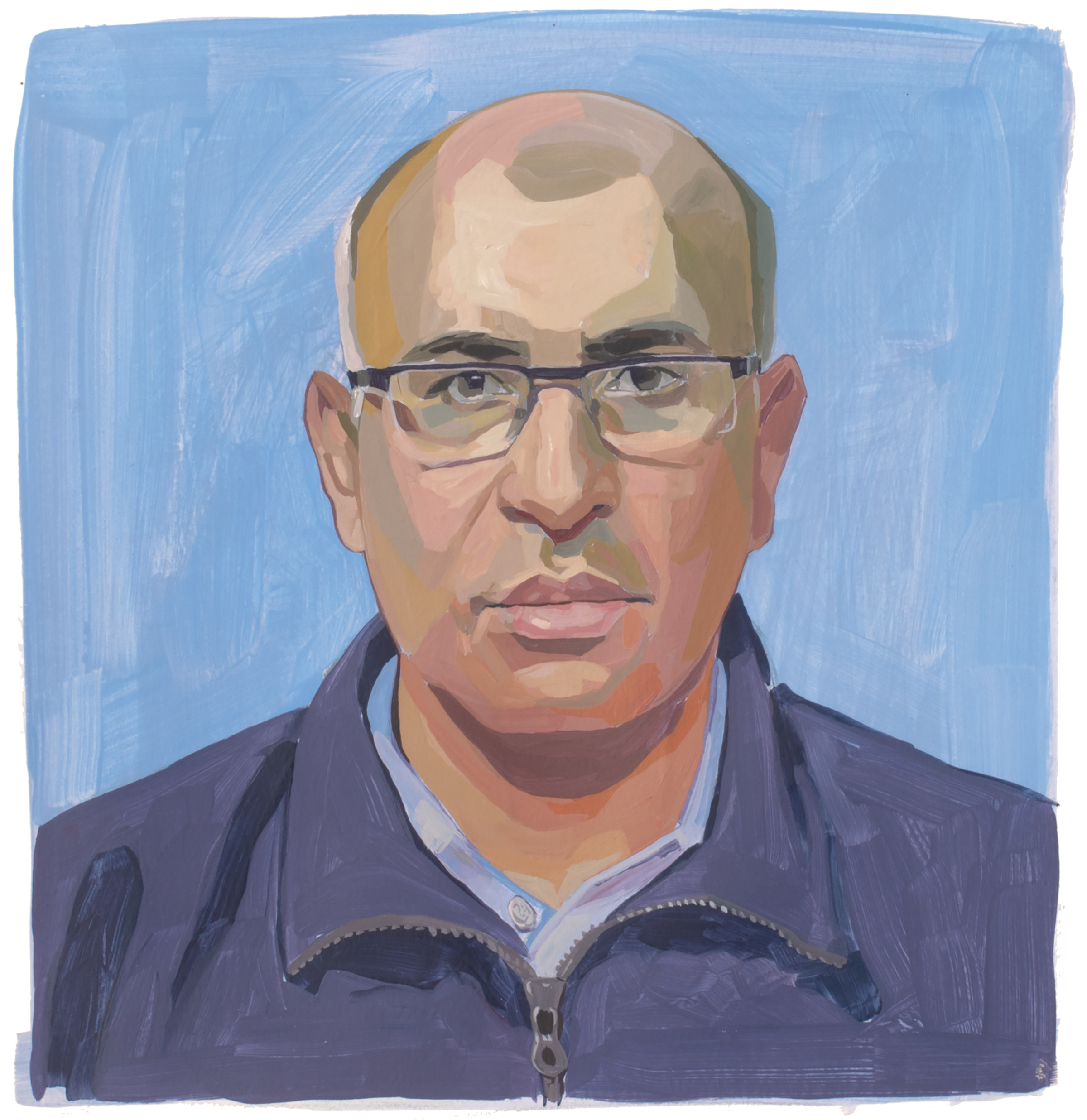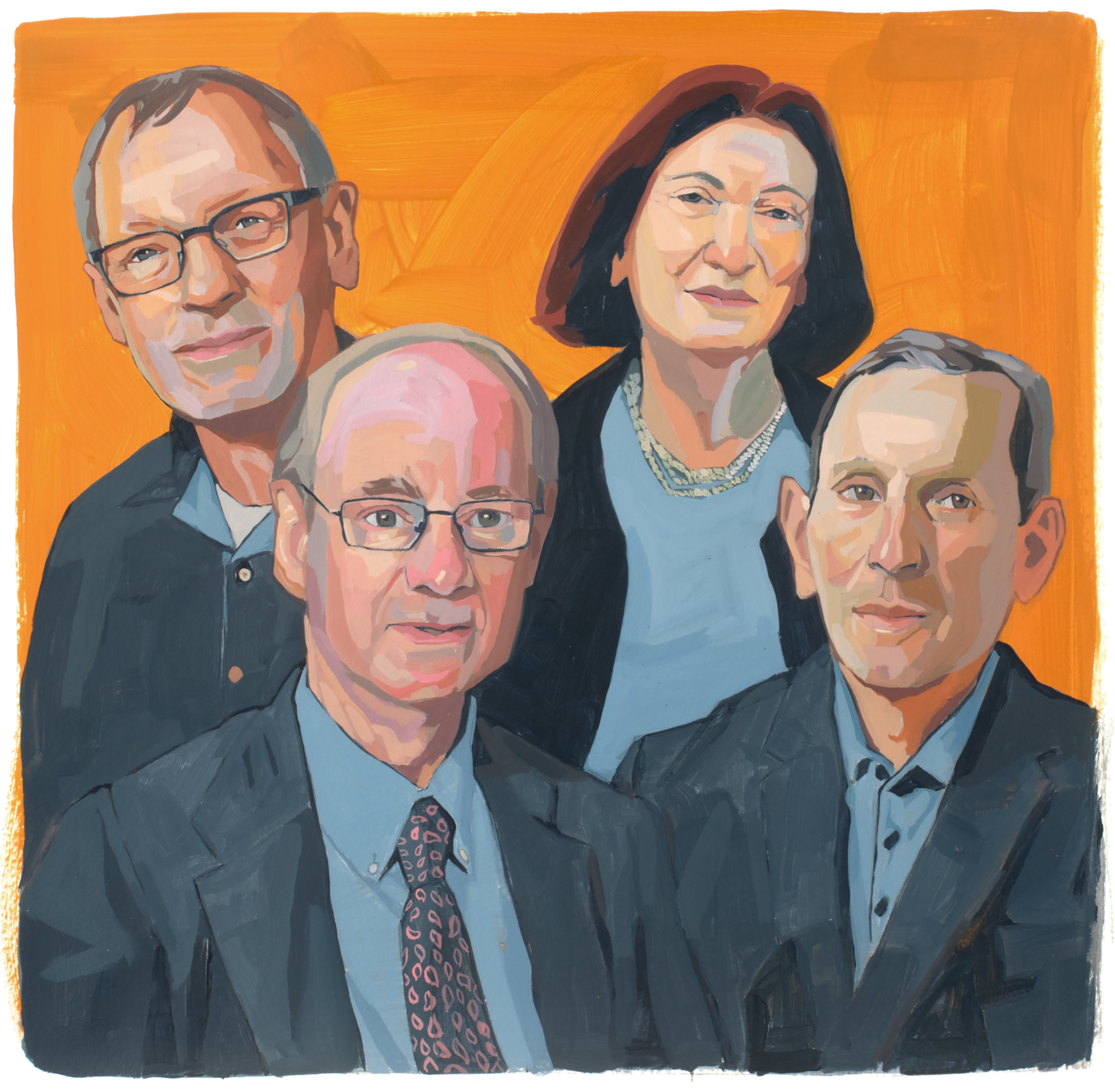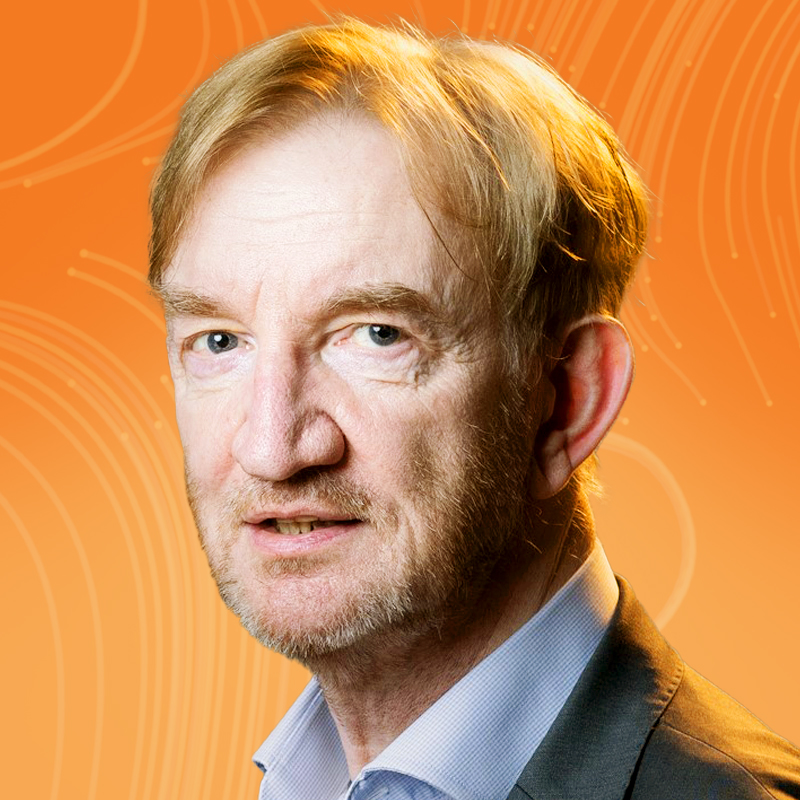It’s been a banner year for pharmaceutical giant Eli Lilly, mainly thanks to the persistence of Dr. Daniel Skovronsky, its chief scientific officer. Skovronsky’s efforts are pushing the company to the head of the pack when it comes to drugs addressing unmet needs in Alzheimer’s and obesity, as well as achieving firsts in using gene therapy to cure diseases.
Skovronsky was still a student of neuroscience at the University of Pennsylvania when the highly vaunted gene-therapy program there was shut down after a participant in a trial died. But Skovronsky remained convinced that the future of treating disease would be in manipulating cells, with strategies like gene therapy, rather than relying exclusively on tweaking chemicals as the pharmaceutical industry had historically done. In 2018, when other companies were buying up biotechs that were exploiting small molecules and chemistry-based ways of developing drugs, Skovronsky urged Lilly’s executives to think ahead and invest in gene therapy. Four years later, at Skovronsky’s suggestion, Lilly acquired a company working on using gene therapy to cure deafness, and a year after that, in 2023, reported that an 11-year-old boy who received the therapy could hear for the first time in his life.
“I’ve been called worse than persistent, but I accept that,” Skovronsky says of his reputation in the industry.
More Must-Reads from TIME
- Cybersecurity Experts Are Sounding the Alarm on DOGE
- Meet the 2025 Women of the Year
- The Harsh Truth About Disability Inclusion
- Why Do More Young Adults Have Cancer?
- Colman Domingo Leads With Radical Love
- How to Get Better at Doing Things Alone
- Michelle Zauner Stares Down the Darkness
Contact us at letters@time.com





